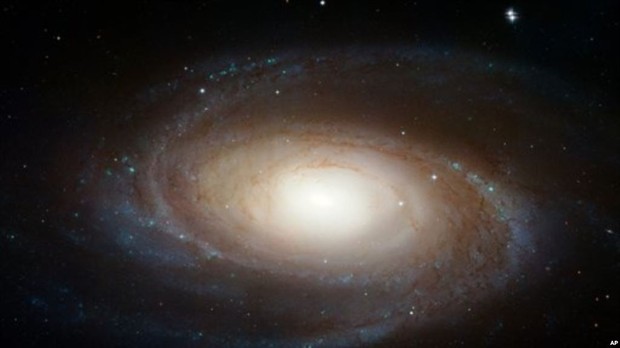Fat contains carbon, which is essential for science to search for planets with life in the universe.
People often think of our universe as an infinite space, dark and cold. Science is okay with that except for the addition of extremely destructive cosmic rays.
Recently, however, astronomers have also discovered that the universe is not that simple. In fact, it’s filled with … slimy molecules, like fat.
Specifically, research by scientists from Australia and Turkey has shown that there are billions upon billions of tons of sticky mud floating around in space. They can stick to anything that moves between the stars, including spaceships.
These molecules are in constant motion in our solar system, thanks to the action of the solar wind. However, unlike the cooking oil we use on Earth, the fat molecules in the universe are not only not clean at all, but also very dirty and toxic.
They can also only exist in space, or in laboratories if they are reproduced for scientific purposes.
And you know, this is a very important study. Simply because fat molecules always contain carbon and aerospace oil is no exception. As a result, scientists have moved closer to discovering the total amount of carbon in space. Thus, research on star formation and the important implications for science and astronomy will be carried out more effectively.
By knowing the exact amount of each carbon in space, scientists can relate it to calculate the amount of carbon that allows life to exist.
This means that we are on the verge of having another element that could be used as a sign for the habitable planets that humans seek.



